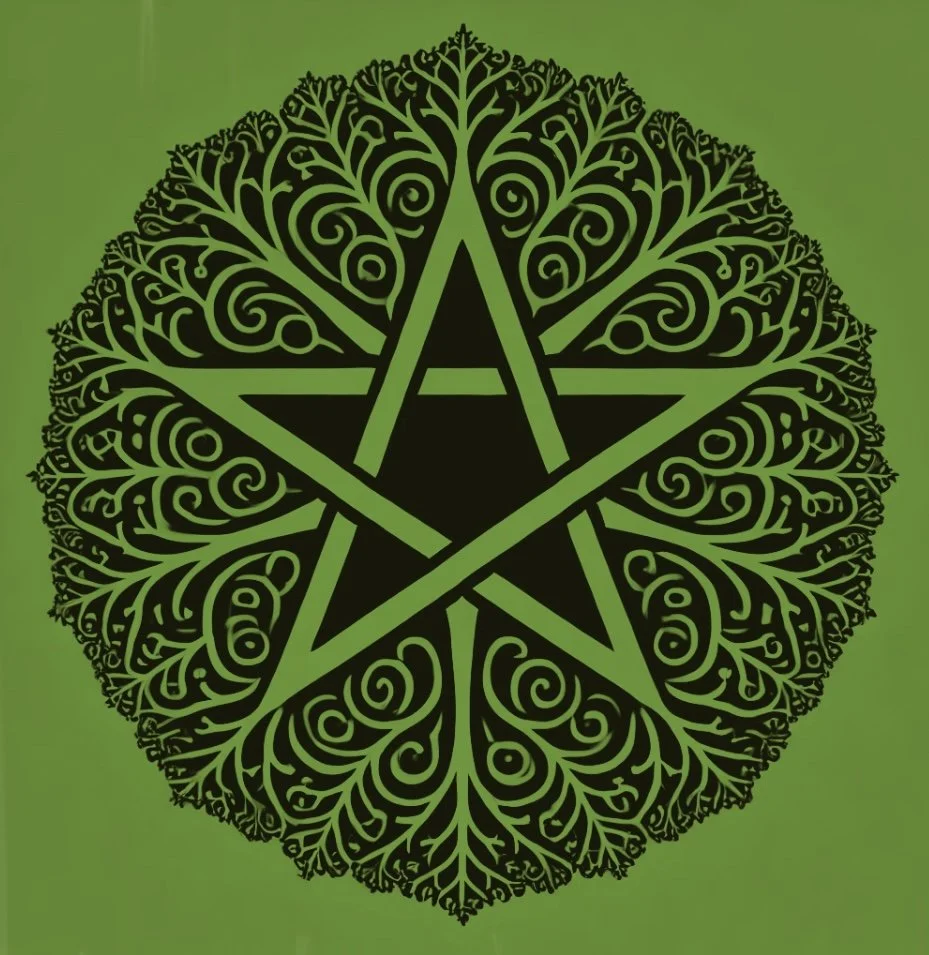Biogenics
This is the deep dive. Think of it as a modular textbook. Each article explores a principle or implication of Biogenics, from entropy and emergence to how systems correct themselves and what happens when they don't.
Comments sections are open. Disagreement is welcome.
This is a space for debate, not consensus.
The Core Sections
Operational Biology
This is where it all begins. Life is defined here not by what it is, but by what it does: self-organisation, self-production, and self-correction. These aren’t traits—they’re patterns. The triad explains how living systems persist, from molecules to minds.
If you're looking for entropy, emergence, and the blueprint beneath everything, start here.
Speculative Biogenics
This is where things get weird—in a good way. What happens when you apply Biogenics to artificial intelligence, collective consciousness, ethics, or theology?
Can AI become alive?
Could ecosystems achieve awareness?
Is there a midpoint between religion and science—something like Biotheism?
And what would it mean to govern a society biologically—in a Biocracy?
Introduction
Part I – Operational Biology
1. What Is Life?
Reframes life as any system exhibiting sustained self-organisation, self-production and self-correction within an energy-driven framework.
2. Self-Organisation
Explores how decentralised interactions in biological systems generate structure, stability, and adaptability without external control.
3. Self-Production
Defines life as a system that builds and maintains itself, from molecular self-repair to planetary-level metabolic regulation.
4. Self-Correction
Self-correction is the adaptive process by which living systems detect disruption, integrate feedback, and restore coherence—not by avoiding error, but by transforming it into resilience.
5. Biotropy
Biotropy is life’s tendency to resist entropy not by stopping disorder, but by rerouting it into new forms of coherence through self-organisation, self-production, and self-correction.
6. Errors
Errors are not life’s failure but its fuel — the essential source of variation, adaptation, and creativity in all self-correcting systems.
7. The Hierarchy of Life
The hierarchy of life is a dynamic scaffold where self-organisation, self-production, and self-correction repeat across levels — from molecules to minds — creating ever more complex and coherent systems.
8. Emergence – Novelty from Complexity
Describes how interactions among simple components produce novel properties, including consciousness, culture, and systemic intelligence.
Part II – Speculative Biogenics
This section is a playground for possibility. It doesn’t predict the future — it explores how the principles of life might shape it. Think of it as a series of thought experiments, rooted in the core logics of Biogenics: self-organisation, self-production, and self-correction. What kinds of gods, minds, systems, or ethics might emerge if these principles were taken seriously — not just in biology, but in theology, governance, even daily life? Some ideas may feel unsettling. Others might seem wildly hopeful. That’s the point. These pages are less a roadmap than an invitation — to explore what happens when life’s generative logic is projected beyond the lab, beyond the clinic, and into the very structure of imagination itself.
9. A Case for a Biological Proof of God
Speculates that divinity may be an emergent property of systemic life, reframing spiritual experience through biology and complexity.
10. SHEP – The Search for Higher Emergent Phenomena
SHEP proposes that instead of searching for alien intelligence in distant signals, we should look for signs of emergent, system-level minds already forming within complex biological, technological, and ecological systems.
11. Consciousness at Scale - Minds Beyond the Brain
Consciousness at Scale explores the idea that consciousness isn’t confined to individual brains, but may emerge in any system — biological, social, or artificial — that becomes complex, recursive, and self-aware enough to model itself.
12. From Cells to Circuits – Biogenics and Artificial Intelligence
Explores how the principles of operational biology — self-organisation, self-production, and self-correction — could guide the development of AI systems that aren’t just intelligent, but adaptive, self-regulating, and capable of evolving like living systems.
13. Beings Beyond Biology -The Future of Life in Digital and Synthetic Forms
Examines whether life could emerge in digital or synthetic forms, suggesting that future beings may be conscious, adaptive, and meaning-making even beyond biology.
14. Evolution and Emergence - Life’s Recursive Engine
Biogenics reframes evolution as a recursive, multi-scale engine that drives emergence—not just in biology, but in minds, cultures, and technologies—by favouring systems that self-organise, self-produce, and self-correct over time.
15. The Centralisation–Decentralisation Dance
This section explores how the dynamic balance between centralisation and decentralisation—found throughout biology—offers a foundational principle for designing resilient, life-like systems in society, governance, and beyond.
16. Biocracy - A Living Alternative to Democracy and Autocracy
Biocracy is presented as a life-inspired model of governance rooted in biogenic principles, offering not a political revolution, but a gradual, systems-level transformation toward more adaptive, participatory, and resilient societies.
17. Entropy Economics - How Life Would Design an Economy
This section reframes economics through the lens of entropy, arguing that to build a viable future, we must design economies like living systems—regenerative, feedback-rich, and structurally capable of resisting collapse.
18. The Meaning of Life - Organic Batteries Defying Entropy
Explores the idea that life’s purpose lies in resisting entropy by creating coherence, connection, and meaning across scales.
19. Biogenic Ethics: Living Within the Logic of Life
Biogenic ethics is a dynamic, life-based approach to morality that measures the morality of actions by how well they support self-organisation, self-production, and self-correction across all levels of living systems.
20. Biotheism: Living in Harmony with Life
Biotheism is an open-source, decentralised way of living that regards life’s self-organising, self-producing, and self-correcting processes as sacred. It offers flexible commitments, developmental milestones, and practical rituals to help people find meaning and coherence in harmony with the living systems they inhabit.

